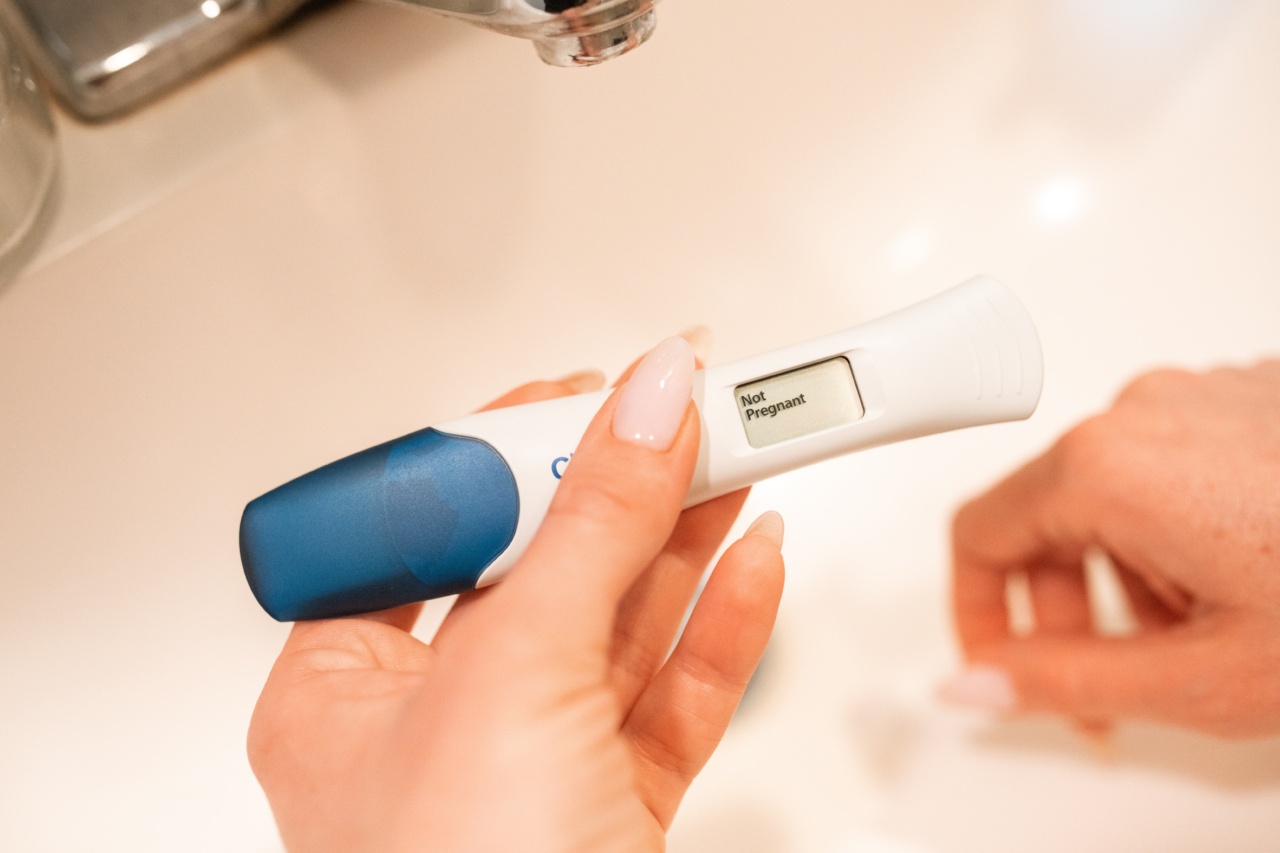Pregnancy is a beautiful phase in a woman’s life. The happiness of carrying a life inside you is unmatched. However, it also comes with a lot of responsibilities and challenges. One such challenge is high blood pressure or hypertension.
High blood pressure during pregnancy can have severe consequences for both the mother and the baby. It is, thus, crucial to understand the perils of high blood pressure during pregnancy.
What is High Blood Pressure during Pregnancy?
High blood pressure, also known as hypertension, is a condition where the blood pressure in your arteries is higher than it should be. Blood pressure is the measure of the force of blood against the walls of your arteries.
High blood pressure during pregnancy is defined as blood pressure readings that are consistently above 140/90 mmHg. You may have high blood pressure before pregnancy or during pregnancy. There are three main types of high blood pressure during pregnancy:.
Types of High Blood Pressure during Pregnancy
Gestational Hypertension
Gestational hypertension is a type of high blood pressure that occurs after the 20th week of pregnancy in women who have not had high blood pressure before pregnancy. It usually resolves within 12 weeks of delivery.
Chronic Hypertension
Chronic hypertension is a type of high blood pressure that a woman may have before pregnancy or develops before the 20th week of pregnancy. It usually continues after delivery.
Preeclampsia
Preeclampsia is a severe condition that can develop after 20 weeks of pregnancy. It is characterized by high blood pressure and signs of damage to another organ system, most commonly the liver and kidneys.
If left untreated, preeclampsia can lead to complications such as stroke, seizures, or even death.
Perils of High Blood Pressure during Pregnancy
High blood pressure during pregnancy can have severe consequences for both the mother and the baby.
For the Mother
High blood pressure during pregnancy can increase the risk of the following complications for the mother:.
- Preterm delivery
- Preeclampsia
- Poor fetal growth
- Placental abruption
- Heart disease
- Stroke
For the Baby
High blood pressure during pregnancy can increase the risk of the following complications for the baby:.
- Preterm birth
- Low birth weight
- Poor fetal growth
- Stillbirth
- Newborn respiratory distress syndrome
- Neonatal intensive care requirement
Prevention and Management of High Blood Pressure during Pregnancy
Prevention and management of high blood pressure during pregnancy can minimize the risk of complications.
Lifestyle Changes
Changes in lifestyle can help prevent high blood pressure during pregnancy. These changes include:.
- Eating a healthy diet rich in fruits, vegetables, and whole grains
- Regular physical activity
- Maintaining a healthy weight and body mass index (BMI)
- Avoiding alcohol and tobacco use
Medication
Medications can help manage high blood pressure during pregnancy. However, not all medications are safe during pregnancy. Thus, it is crucial to consult a healthcare provider before taking any medication.
Regular Blood Pressure Monitoring
Regular blood pressure monitoring is essential during pregnancy to detect high blood pressure early and prevent complications.
Pregnant women should check their blood pressure regularly, especially if they have a history of high blood pressure or are at risk of developing it.
Conclusion
High blood pressure during pregnancy is a serious condition that can have severe consequences for both the mother and the baby.
It is crucial to understand the types, perils, and management of high blood pressure during pregnancy to prevent complications and ensure a healthy pregnancy and delivery.




























